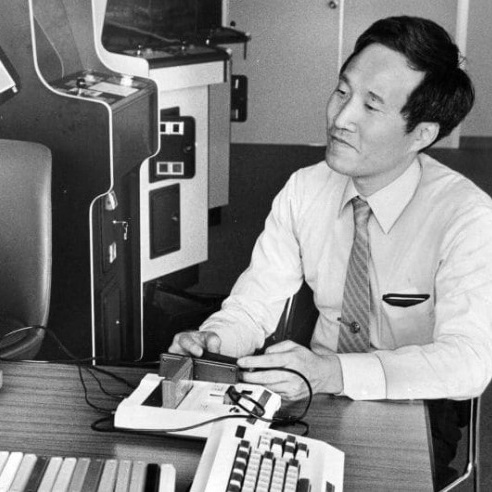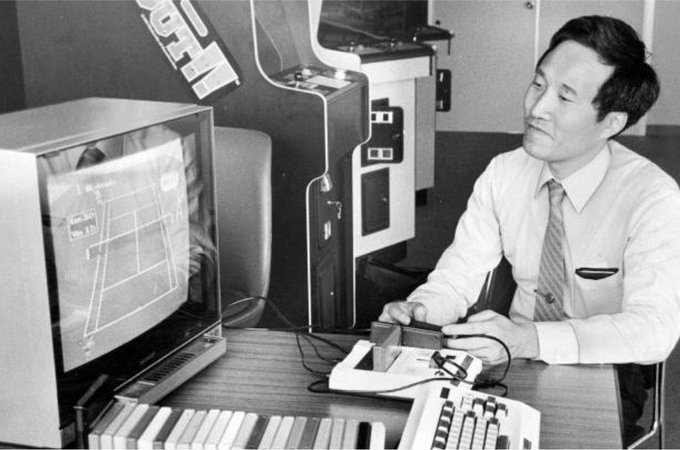
The lead architect behind the Nintendo Entertainment System (NES) and Super Nintendo Entertainment System (SNES), Masayuki Uemura, has died at 78.
Uemura joined Nintendo as an engineer in 1972 and created the Famicom, which would become the NES in the western market.
The Famicom was developed in response to a request from Nintendo president Hiroshi Yamauchi to develop a system that could allow the playing of arcade games on a TV, but with interchangeable cartridges to allow different gameplay.
Advert
The Famicom and its western counterpart, the NES, went on to sell 61.91 million units.
Uemura retired from Nintendo in 2004 and became a professor at the Ritsumeikan University in Kyoto.
In 2020, Uemura reflected on his career, saying he remembered his time as Nintendo as a highlight
"The best time that I remember was when we completed developing [the] Famicom," he told Nintendo Life.
Advert
"Back then, we didn't know if it was going to be popular or not, but the fact that we are able to complete the product was very satisfactory.
"That was the first mission; to make sure to complete developing the device and I did it, so I was happy."
Before he worked on the Famicom, Uemura worked on light-gun games for Nintendo, working on the predecessor to Duck Hunt.
He also helped build games including Ice Climbers, Clu Clu Land, Soccer, Baseball and Golf.
Advert
He continued as a research and development adviser in his retirement.
Uemura originally worked at Sharp, selling photocell tech to various companies, including Nintendo.
"President Yamauchi told me to make a video game system, one that could play games on cartridges," Uemura told Kotaku in 2020
"He always liked to call me after he'd had a few drinks, so I didn't think much of it. I just said, 'Sure thing, boss', and hung up," he said.
Advert
"It wasn't until the next morning when he came up to me, sober, and said, 'That thing we talked about-you're on it?' that it hit me: He was serious."
Uemura has previously spoken of his childhood in wartime Japan and said it was a big driver in the work he would go on to do for Nintendo.
"We had nothing, really," he said in a talk in 2020. "It was right after the war, so we just played with stuff like stones and bamboo sticks - but at primary school they started having rail train models and basic radios we created."
When Uemura joined Nintendo, he said the focus was still on playing cards rather than electrical toys.
Advert
But that all changed when Sharp and Nintendo saw a possibility for the use of photo-cells in toys.
"The one thing I remember fondly is that those guys who had no experience with electrics were willing to learn and study and support me," he said.
"From that perspective, it was a great company. And let's say I was at a regular electrical company - maybe I could design semiconductors, LSI, things with certain functions. To do the same thing at Nintendo - well, you could come up with a lot of ideas."
Ritsumeikan University will be holding a memorial service for Uemura.
Featured Image Credit: AlamyTopics: News


